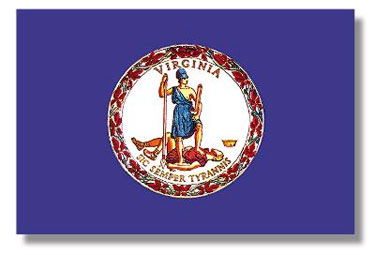Internal Investigation Privileges and federal False Claims Act Litigation
Judge Gwin’s Opinion in Barko v. KBR from the U.S. District Court in D.C. last week is well worth on a read on a number of different levels. The opinion resulted from a discovery significant discovery dispute in a qui tam action filed against contractor Kellogg Brown & Root. The discovery dispute was significant because it goes right to the heart of some important changes to the regulatory and statutory framework of the federal False Claims Act.
To my knowledge, this is the first time any District Court has addressed the new framework in such a complete manner. I am also pleased to report that the significant changes to FAR Subpart 3.100 worked in practice exactly as they were envisioned by the drafters.
The “Revolution” of FAR Subpart 3.100
Regular readers will recall previous discussions of amendments to the Federal Acquisition Regulations, or FAR. Starting in 2009, new FAR provisions made several important – indeed almost revolutionary – changes. Contractors are now required to have in place a mandatory ethics compliance program, and they are required to communicate this information to all employees, together with information about an internal reporting process for employees, as well as information about what they employee should do if he or she does not feel that the contractor has adequately addressed his or her concerns.
Logically, the new FAR provisions also require that contractors disclose “credible evidence” of a violation of the FCA or several criminal statutes. This is obviously directed at the internal investigation process, so that when the process works – i.e., when an employee communicates concerns about fraud or false claims on a government contract via one of the internal reporting mechanisms required by the regulation – the contractor cannot simply bury the information. Rather, if the information amounts to a credible violation of the federal False Claims Act or a criminal statute, it must be disclosed to the government.
Internal Investigations, Attorney-Client Privilege, and the federal False Claims Act
As a direct and predictable result of the new FAR provisions’ emphasis on internal investigations and voluntary disclosures to the government, significant work was created for hordes of lawyers, both in-house lawyers and those from outside firms. More or less every major contractor now has in place one or more internal investigation teams, usually led by lawyers and staffed by retired investigators of every ilk, from retired FBI agents to former OIG people. When an internal report of suspected fraud or false claims comes in, these folks go to work and hopefully “run it to ground” as we say in Virginia. At some point, some of these investigations will usually go to outside firms as well.
But what ultimately happens to the significant work product generated by these lawyers and investigators? Is it subject to any particular privilege, such as the attorney-client privilege or the privilege afforded to attorney work product? Is there an “internal deliberations” privilege that shields this material from discovery in civil litigation? These are the questions answered by the recent opinion.
Up Next: BARKO V. KBR and the First Interpretation of the new FAR rules
Stay tuned for the next post which discusses the Court’s opinion in Barko v. KBR…
